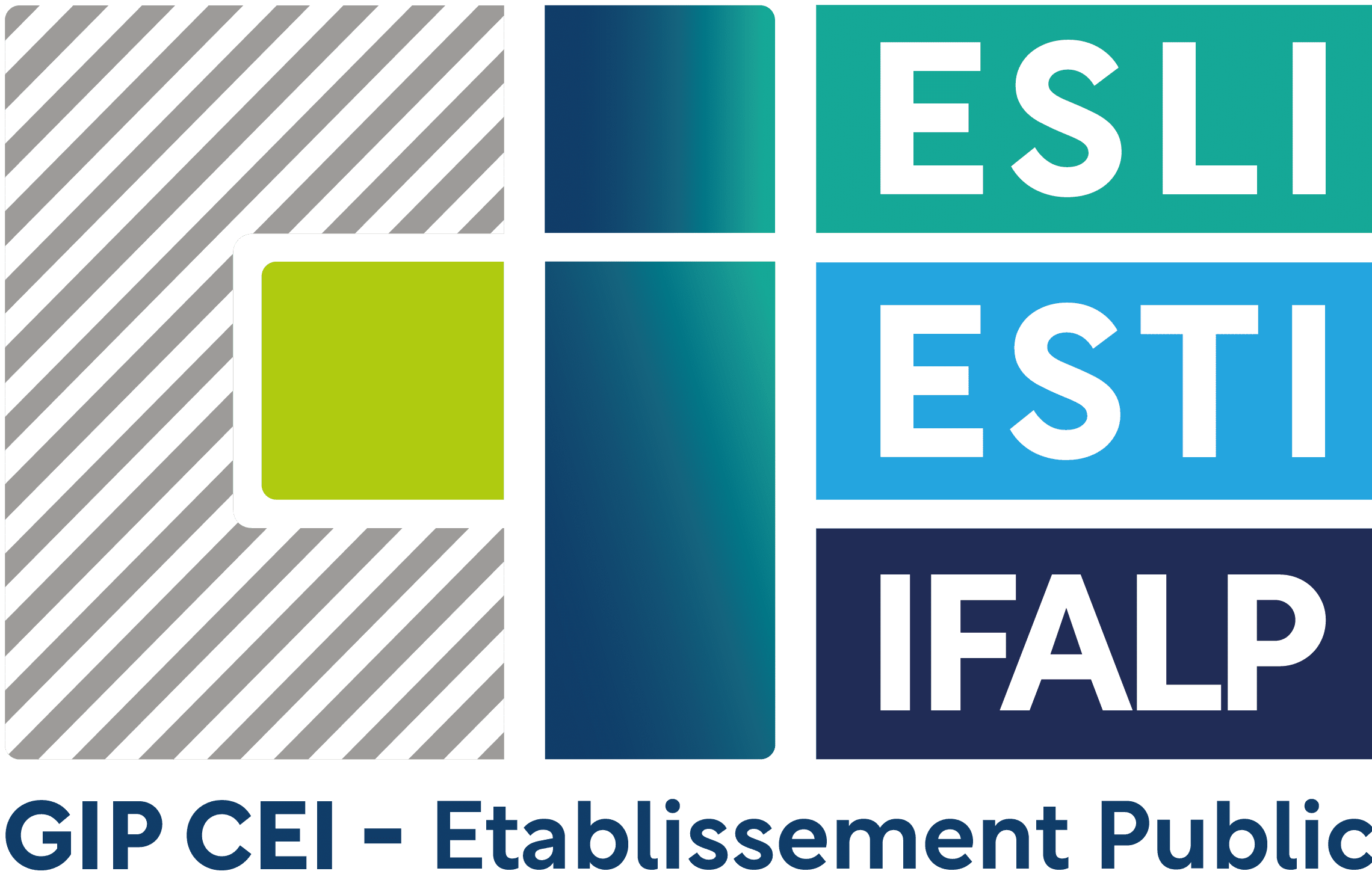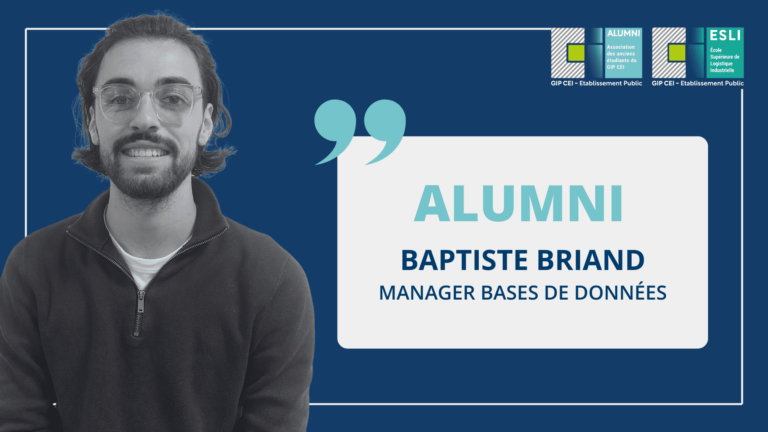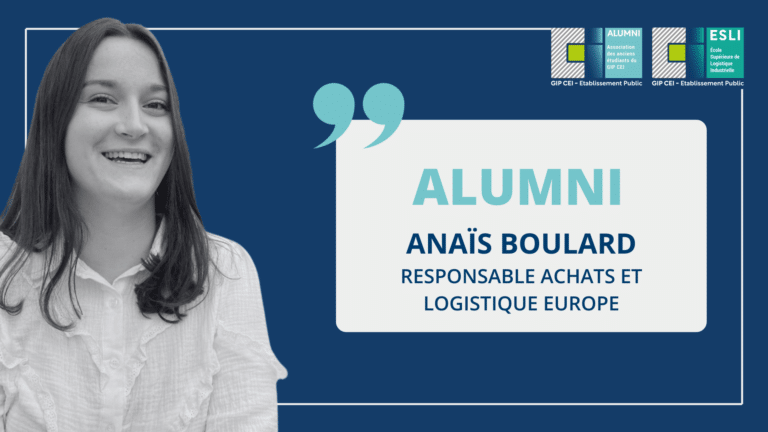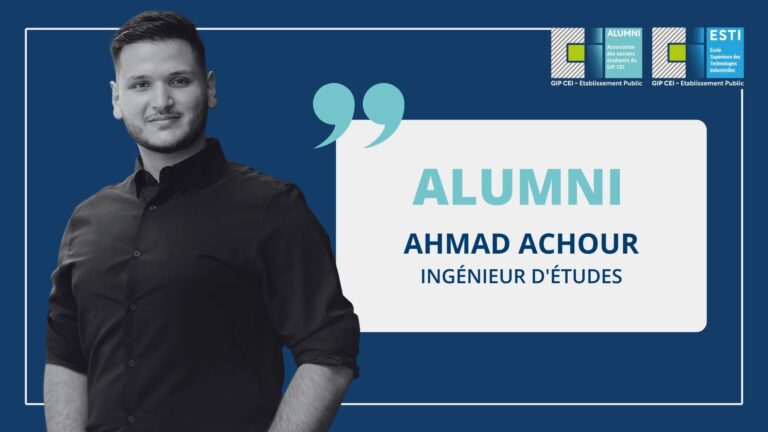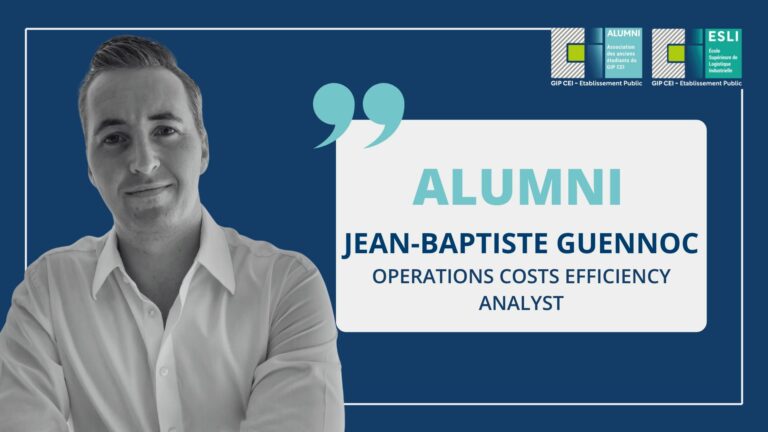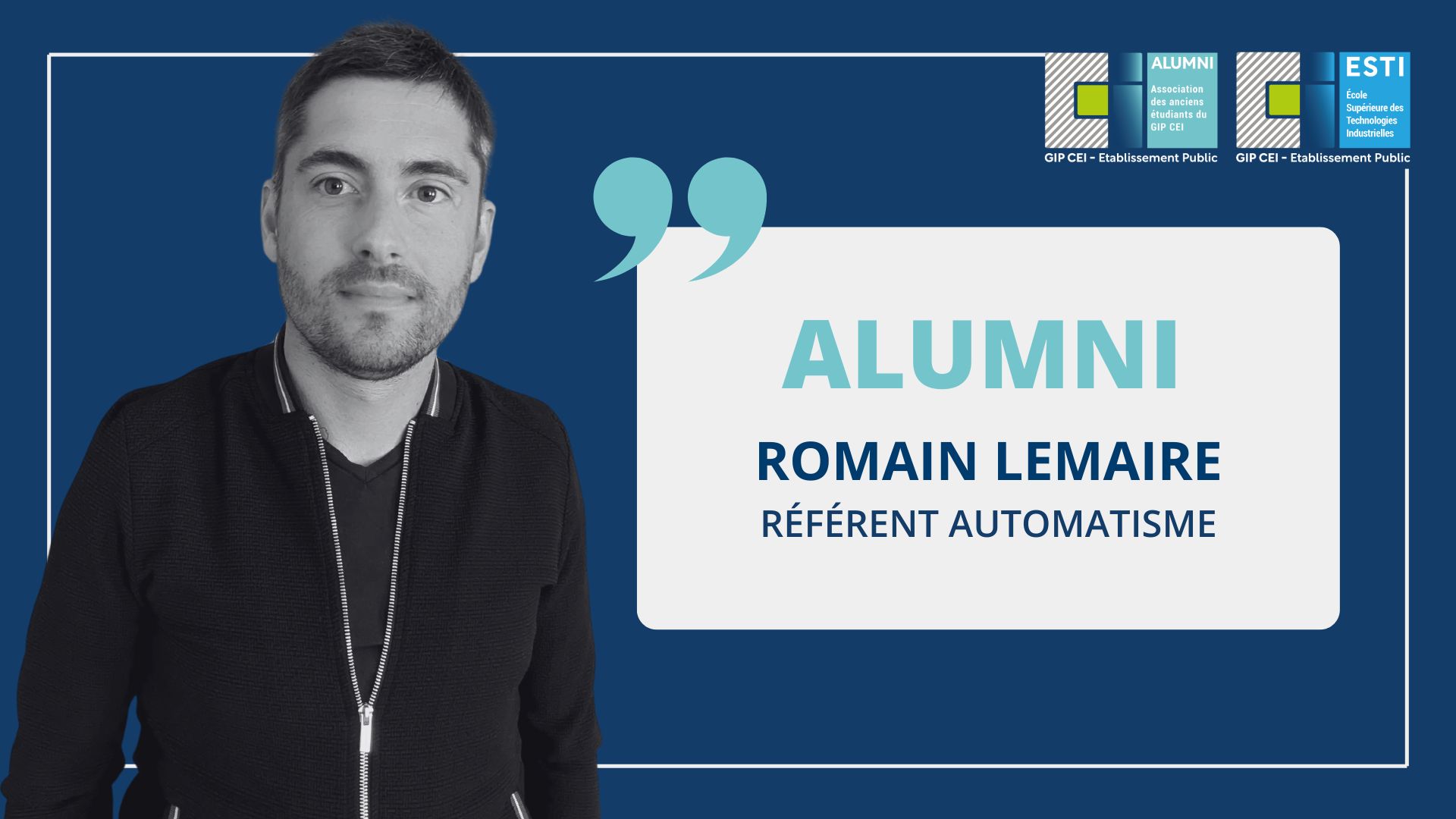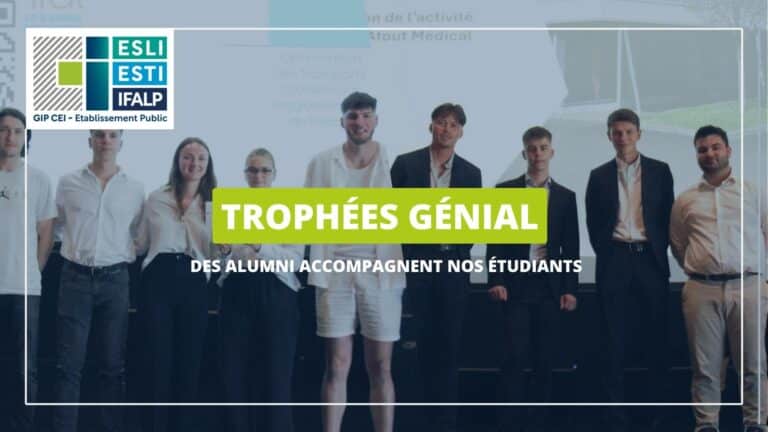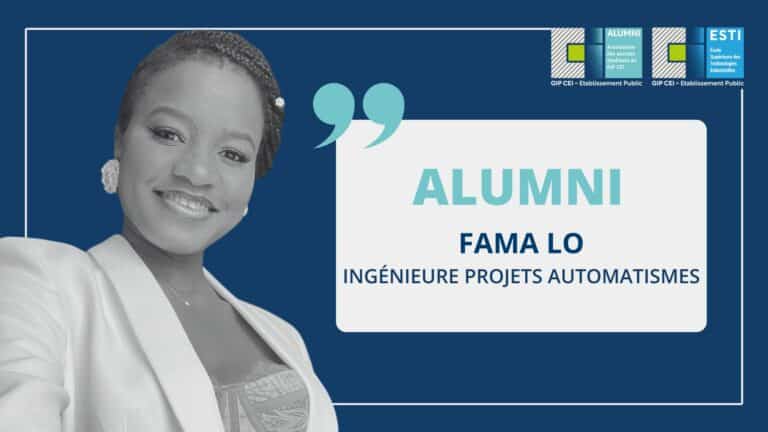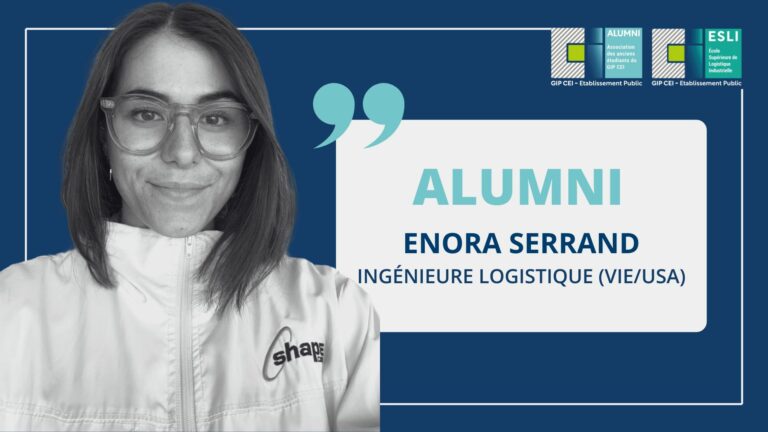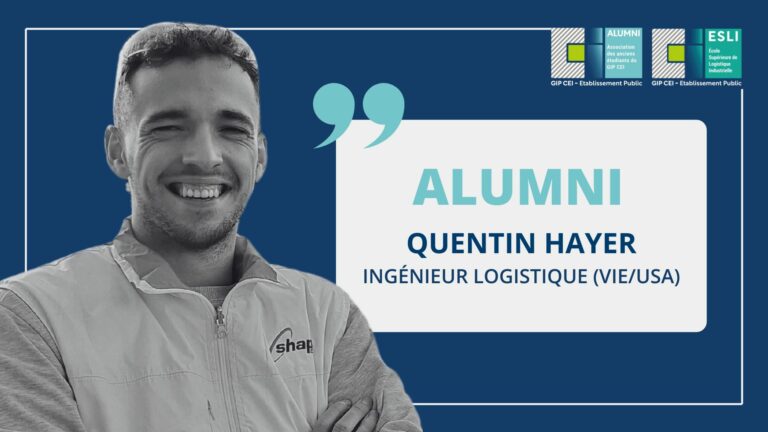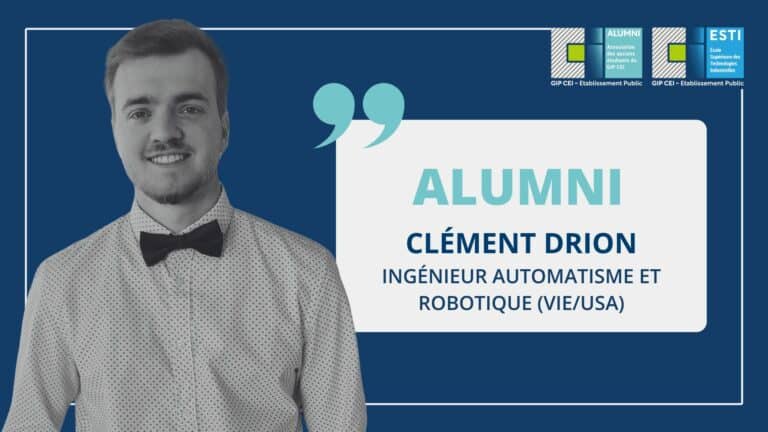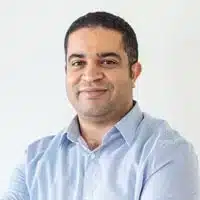Can you introduce yourself and tell us a little about your background?
Passionate about purchasing, I fell into it as soon as I graduated from IEP Lyon Economie et Finances.
I completed my studies in economics and management with a specialization in purchasing, the DESMA - DESS Management des Achats at IAE Grenoble (now M2 Management Stratégique des Achats at Université Grenoble Alpes UGA).
I began my first professional experience with the RENAULT group as a buyer in its truck subsidiary, which has since become VOLVO Trucks. A real training school with methods, tools and a structured purchasing function.
I then joined a Japanese equipment manufacturer as Purchasing Manager, before moving to the ALSTOM Group to work in a Business Unit of the T&D Transmission and Distribution (electricity) Division.
For 15 years, I held operational responsibilities as purchasing manager in the industrial sector, and in business sectors that were rather mature in terms of purchasing. The purchasing department was recognized, purchasing accounted for more than 75% of the plant profit and loss account, and the results of our actions were directly visible from a cost reduction perspective.
I had operational responsibility for production purchasing and also for indirect (or non-production) purchasing, supervising teams of professional buyers.
In 2007, I was lucky enough to join the VINCI Group a few months after the privatization of freeways and the takeover of Autoroutes du Sud de la France (ASF), as head of Purchasing Coordination.
I was responsible for creating a purchasing organization based on buyer coordination, and I set up tools for coordinating and networking buyers in the field, for the benefit of operational staff.
I've had initial experience of in-house training for purchasing and procurement teams and specifiers. And I have a taste for passing on purchasing fundamentals such as functional needs analysis, negotiation, purchasing strategies... etc.
For the past 8 years, I've been responsible for purchasing in the hospital sector, at the CHU de Nîmes and since 2018 at the GHT Cévennes Gard Camargue (GHT: Groupement Hospitalier de Territoire) where I was able to contribute to the implementation of the Purchasing Department in matrix mode and not centralized.
To sum up, my background is in both the private and public sectors, and I've always been concerned with developing the purchasing function and contributing to its professionalization, whatever the organization or sector of activity.
I started working at ESLI in the PAP Master's program in 2020 with the 1st class, following contact with Thierry Sauvage.
What really interests me is building a purchasing department and developing its maturity, creating something new. And what I like about training (both initial and continuing) is the fact that you can take examples from the field and use them as a basis for developing courses.
What do you teach PAP students? Why is this topic important for public purchasing performance?
I work on 2 modules:
- Hospital purchasing
- Sourcing and upstream purchasing techniques
- The1st module presents hospital procurement and its professionalization over the past 10 years thanks to the national PHARE program. As early as 2012, this program helped to accelerate the establishment of the first Purchasing Departments within the Hospital Public Service and to talk about purchasing performance, economic purchasing performanceinitially, by means of Purchasing Action Plans (PAA).
Since 2016, with the Health Law and the creation of Groupements Hospitaliers de Territoire (GHT), territorial purchasing pooling has been strengthened, leading in particular to the introduction of purchasing management controllers to help purchasing managers steer the economic performance of purchasing.
Since 2021, the economic performance of purchasing has been enriched by the environmental and social aspects of purchasing through a specific program on responsible purchasing launched by the Ministry of Health.
- The2nd module focuses on sourcing and upstream purchasing levers (functional analysis of needs, standardization of needs, pooling of purchases, etc.), as well as the presentation of purchasing mapping and purchasing programming, which are often the 1st areas to be tackled when a public procurement department evolves into a purchasing department.
Purchasing performance is mainly built up in the upstream phases of the purchasing process, well before contracts are awarded. Optimization in terms of cost, risk management and innovation begins with the definition of requirements and the sourcing phase.
In your opinion, what are the special features and advantages of the PAP program?
In my opinion, the PAP program will train tomorrow's buyers and purchasing managers to meet the challenges facing the purchasing function in the public sector (economic performance, securing the supply chain, responsible purchasing, innovative purchasing, digitalization, etc.), over and above compliance and legal security of procurement procedures.
Its unique feature is that it combines the "best of all worlds" of public and private sector purchasing practices.
In your experience, what makes the Public Purchasing Performance course innovative?
This course is innovative, as there are many legal courses at Master's level in Public Law, a few courses at Licence Pro level in public purchasing, and courses at Master's level in purchasing (but still very much oriented towards private sector purchasing).
But there was no training course at Bac +5 level to provide the economic, legal, relational and digital skills needed to support the transformation of public purchasers.
Why would you recommend the Mastère 2 PAP to students wishing to study public procurement management?
I recommend this Master's program, because it is led by purchasing practitioners from the 3 public services, with testimonials and feedback from purchasing practitioners. It's a sandwich course, which makes it practical. And it's a specialized course , supported by the CNA (Conseil National des Achats), several ministries and local authorities, which promote the profession of public purchaser.
Thank you Vincent for your testimonial.
